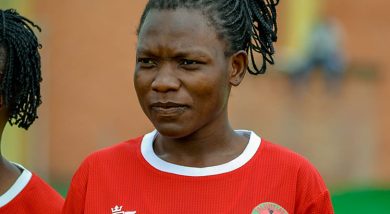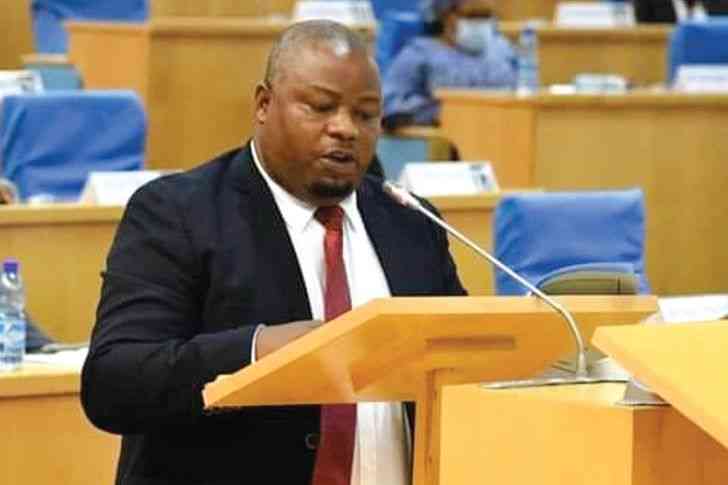Catholic Church challenges govt on recognising witchcraft
Episcopal Conference of Malawi (ECM), the country’s Catholic Church leadership, has challenged government to critically assess the Law Commission’s recommendations calling for formulation of legislation recognising witchcraft’s existence.
Speaking in an exclusive interview with Nation on Sunday, ECM secretary general Father Alfred Chaima argued that there is no evidence to prove witchcraft existence and fears the law could end up victimising innocent people.

“There seems to be a strong link between poverty and witchcraft beliefs as you can see that most cases come from rural areas where most people struggle economically.
“This is why when some people work hard and earn for themselves, those looking at them would think that they have used some charms and ascribe their success to some evil force.”
In 2021, the Special Law Commission on Witchcraft Act, among others, recommended that the law should recognise the existence of the practice in the country.
The commission found that a majority of Malawians hold a belief in witchcraft and recommended that “people’s beliefs cannot be suppressed by the current legislation.”
Its report read in part: “The commission holds the view that the law must recognise the existence of witchcraft and failure to do so is failure to recognize what is happening in the society.
“The commission, therefore, recommends recognising the existence of witchcraft and states that the law must penalize all witchcraft practices.”
The commission submitted its findings to the Ministry of Justice which is expected to draft a bill, present it to Cabinet for scrutiny before it is taken to the National Assembly for debate.
Under the current legal setup, Malawi uses the 1911 Witchcraft Act which does not recognise witchcraft and punishes anyone who accuses another of practising it.
In his reaction on Tuesday, Minister of Justice Titus Mvalo said government is seeking further consultations before drafting the new Witchcraft Act.
He said the government would engage stakeholders including religious institutions for their contributions before compiling the bill.
This, he said, would ensure that the new legislation has the blessing of all quarters.
“I found the church’s observation very interesting because witchcraft is very difficult to prove and you may end up punishing innocent people.
“I agree with their observations that poverty and ignorance contribute to witchcraft beliefs, and improving the two would go a long way to address the matter,” said Mvalo in an interview last week.
However, the minister could not be drawn to state as to when the bill is expected to be completed and tabled in Parliament because “the ministry has more other Bills to draft.”





